Never before in history have the images of world Buddhism and Vietnamese Buddhism converged so vividly. On one side is Buddha Shakyamuni, who gave up his throne to open the path to enlightenment for sentient beings. On the other side is Buddha Emperor Tran Nhan Tong, the enlightened king of Dai Viet, who after bringing peace to the country became a monk and became the founder of the Truc Lam Zen sect with the philosophy of "Living in the world and enjoying the Dharma".
That sacred meeting took place at Yen Tu, considered the pinnacle of Vietnamese Buddhism, during the procession of Buddha's relics to nine famous Buddhist sites across the three regions of the country. This was not only a profound spiritual ceremony but also affirmed the independent identity and worldly spirit typical of Vietnamese Buddhism in the global Buddhist flow.
According to Most Venerable Thich Thanh Quyet, Vice President of the Executive Council of the Vietnam Buddhist Sangha, Head of the Central BuddhistEducation Committee, and President of the Vietnam Buddhist Academy, over the past thousands of years, only 4 countries have been fortunate enough to receive Buddha's relics for enshrinement and Vietnam is the 4th country. In my opinion, the 2025 United Nations Vesak Festival held in Vietnam has opened up many great opportunities. Among them, the greatest opportunity is that Quang Ninh will receive Buddha's relics - the National Treasure of India - to enshrine at Truc Lam Yen Tu Palace.
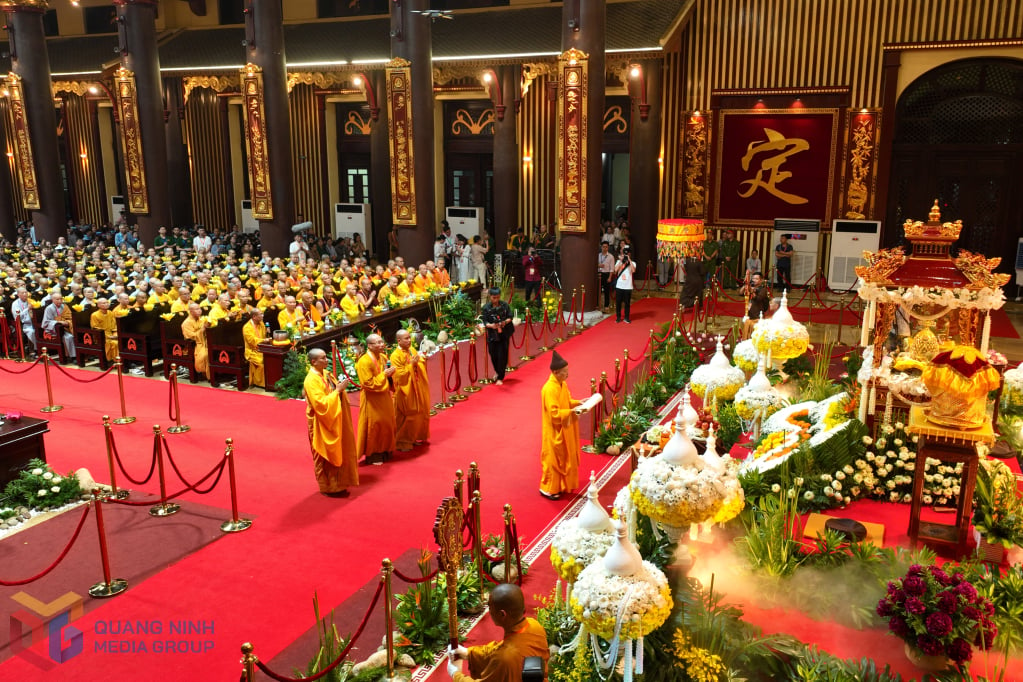
Located on the sacred Dong Trieu mountain range, Yen Tu is not only the birthplace of the Truc Lam Zen sect but also the heart of Vietnamese spiritual culture. The system of more than 200 relics spread across the provinces of Quang Ninh - Bac Giang - Hai Duong reflects the deeds and thoughts of the Buddhist Emperor Tran Nhan Tong, who combined Buddhist philosophy with national spirit, creating a Buddhism imbued with the soul of Dai Viet.
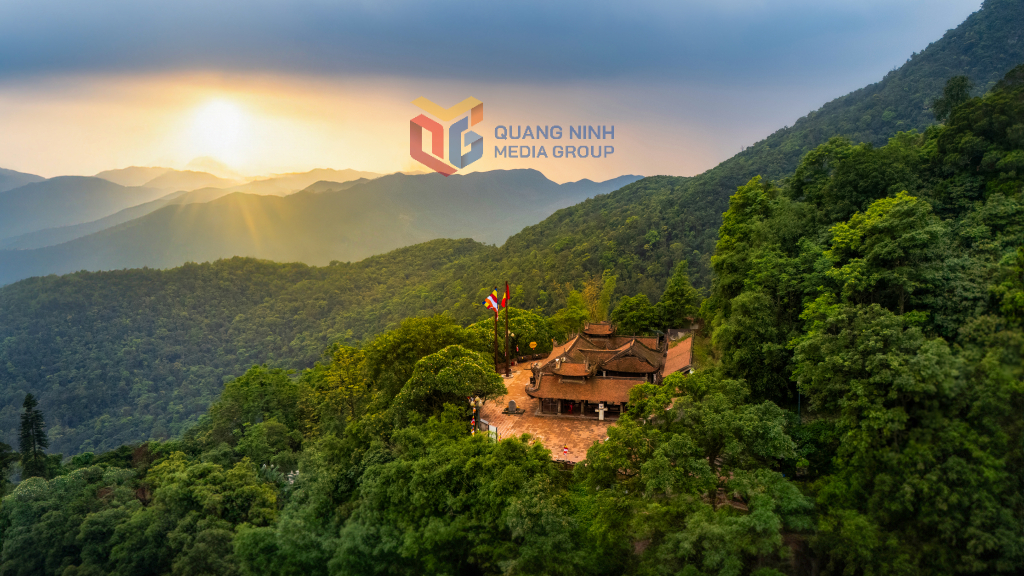
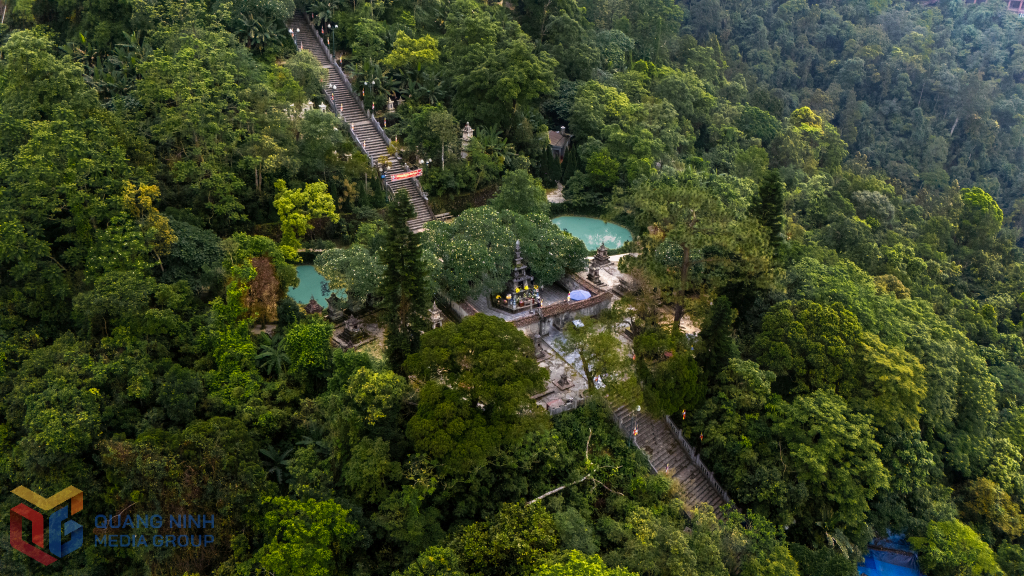
In that space, Hue Quang Kim Thap, where the Buddha's relics are kept, has stood silently for seven centuries as an immortal testament to the ideals of practice and enlightenment. Many ancient documents, such as the Chronicles of the Dynasties or the accounts of researcher Nguyen Tran Truong, all confirm the long-term presence of the Buddha's relics here, where heaven, earth and people together preserve the immortal lamp of meditation.
The procession of Buddha's relics is not only a spiritual symbol but also an occasion to remind everyone to practice the Dharma, to cultivate compassion and wisdom. Ms. Nguyen Thi Hien, a tourist from Hanoi, shared: My family waited in line for quite a long time to see the Buddha's relics with our own eyes. For me, this is a once-in-a-lifetime opportunity and I feel that I am truly destined for this land. After the worship ceremony, my family also spent a day to stay and explore the unique and special features of Yen Tu relic site such as the ancient pine road, Hoa Yen pagoda, Dong pagoda and experience the services of the Dao ethnic people here.
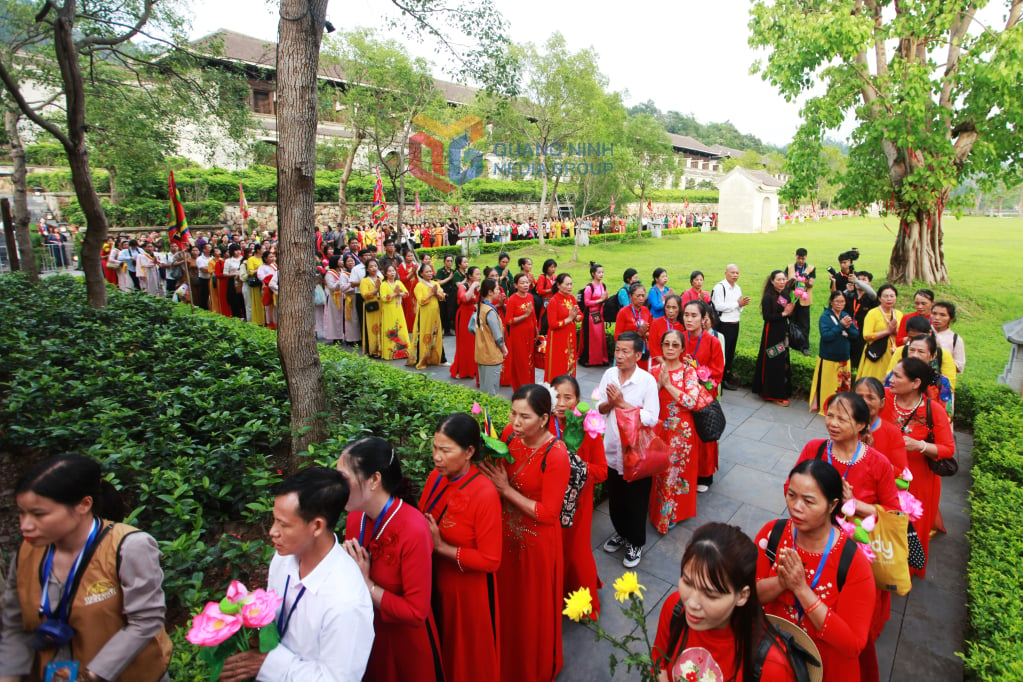
It can be seen that the Yen Tu - Vinh Nghiem - Con Son, Kiep Bac relic and landscape complex (Quang Ninh, Bac Giang, Hai Duong) is the place where the center of pure Vietnamese Zen Buddhism was formed, born and developed, directly created by Vietnamese people. In particular, the system of pagodas, hermitages, towers, steles, and statues in the Yen Tu relic and landscape complex are precious historical and material documents, closely associated with the name and career of the monk Dieu Ngu Giac Hoang Tran Nhan Tong and generations of Zen masters. The event of bringing the sacred relics of Buddha Shakyamuni to Yen Tu has an extremely important meaning, marking a historical milestone, when the nomination dossier for the Yen Tu - Vinh Nghiem - Con Son, Kiep Bac relic and landscape complex will be protected at the 47th Session of the World Heritage Committee in France this coming July.
From the sacred Yen Tu mountain, the miraculous meeting between two great enlightened beings is an invitation for each person to return to themselves, to nurture a good heart and serve life. This event is also an opportunity to honor the unique value of Vietnamese Buddhism, where the spirit of engagement always goes hand in hand with the ideal of liberation.
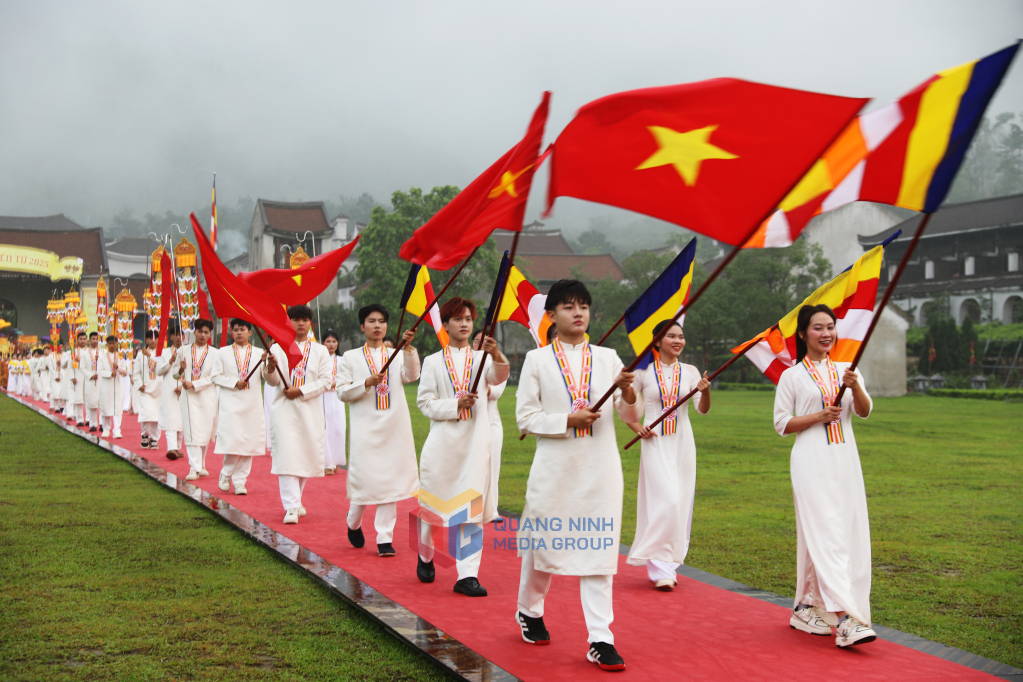
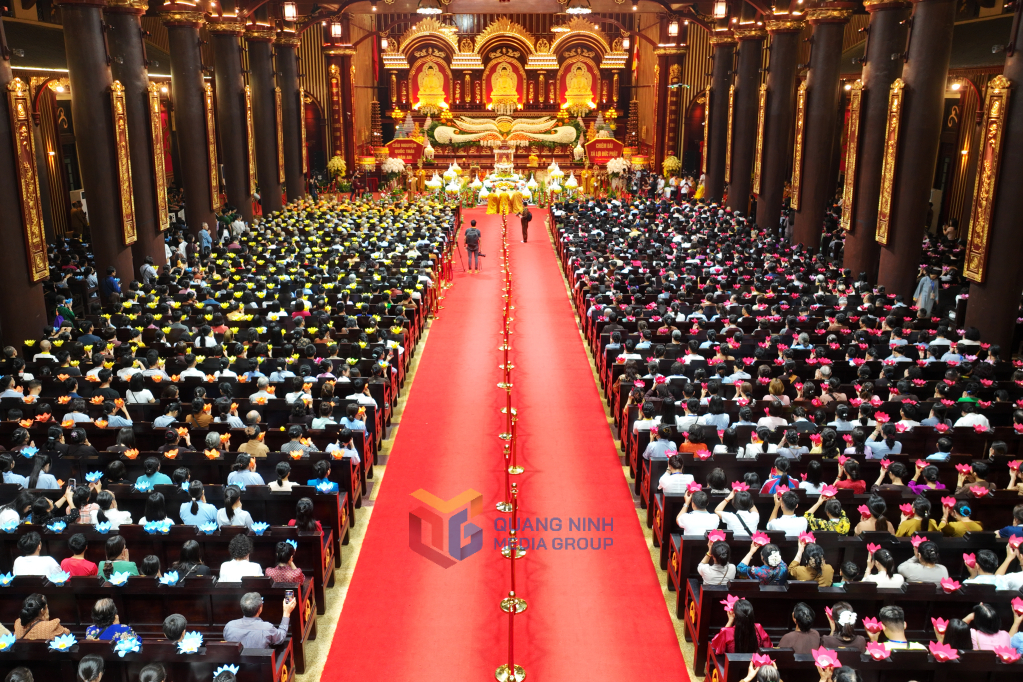
Source: https://baoquangninh.vn/cuoc-hoi-ngo-lich-su-giua-hai-bac-dai-giac-ngo-tai-non-thieng-yen-tu-3360523.html








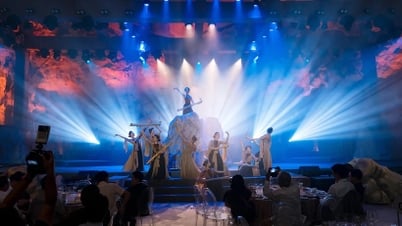

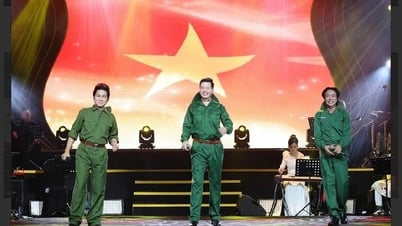
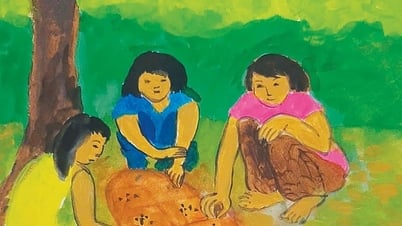

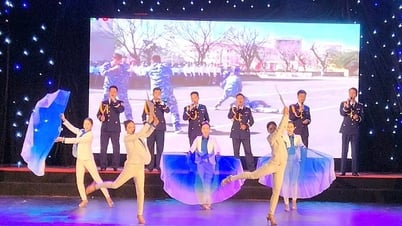
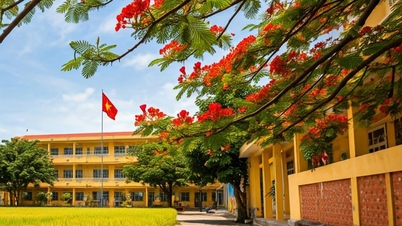

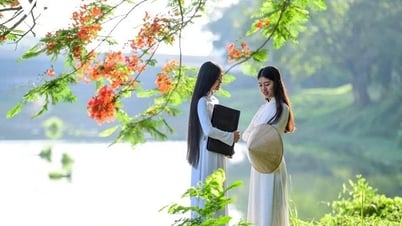





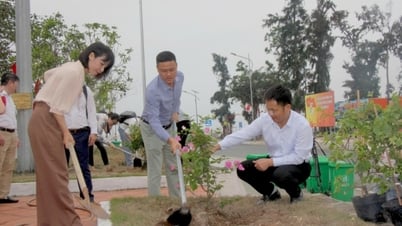
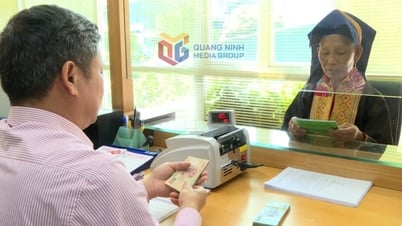

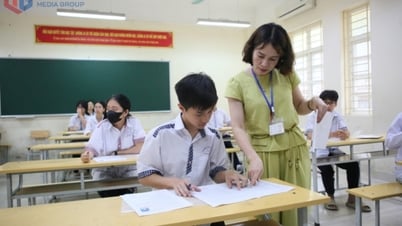
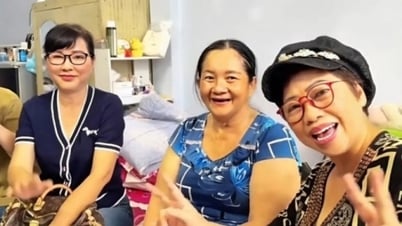



























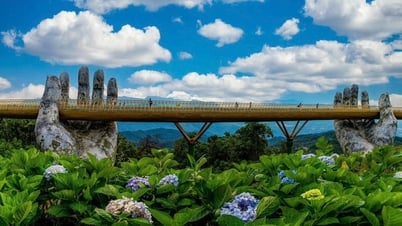
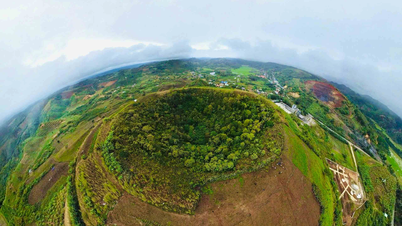
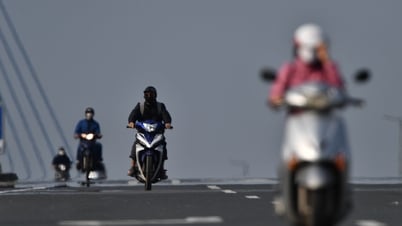


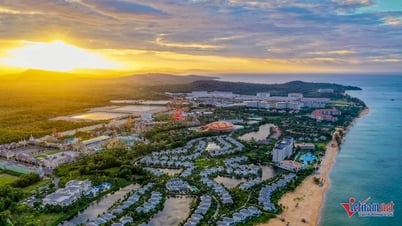

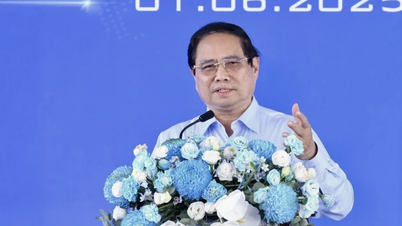

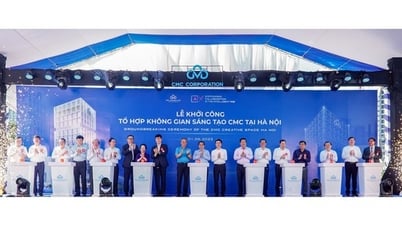

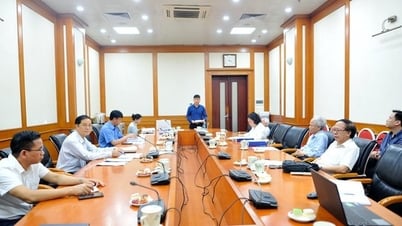







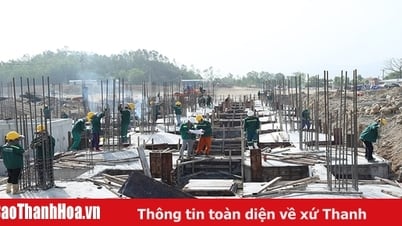

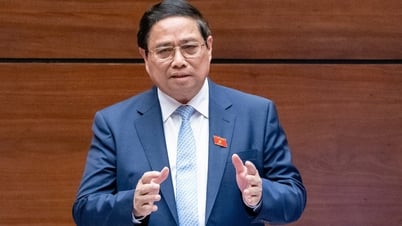








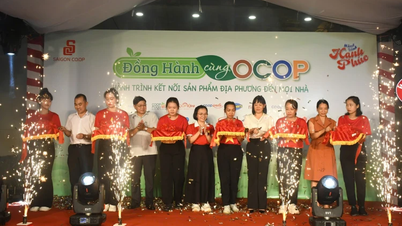



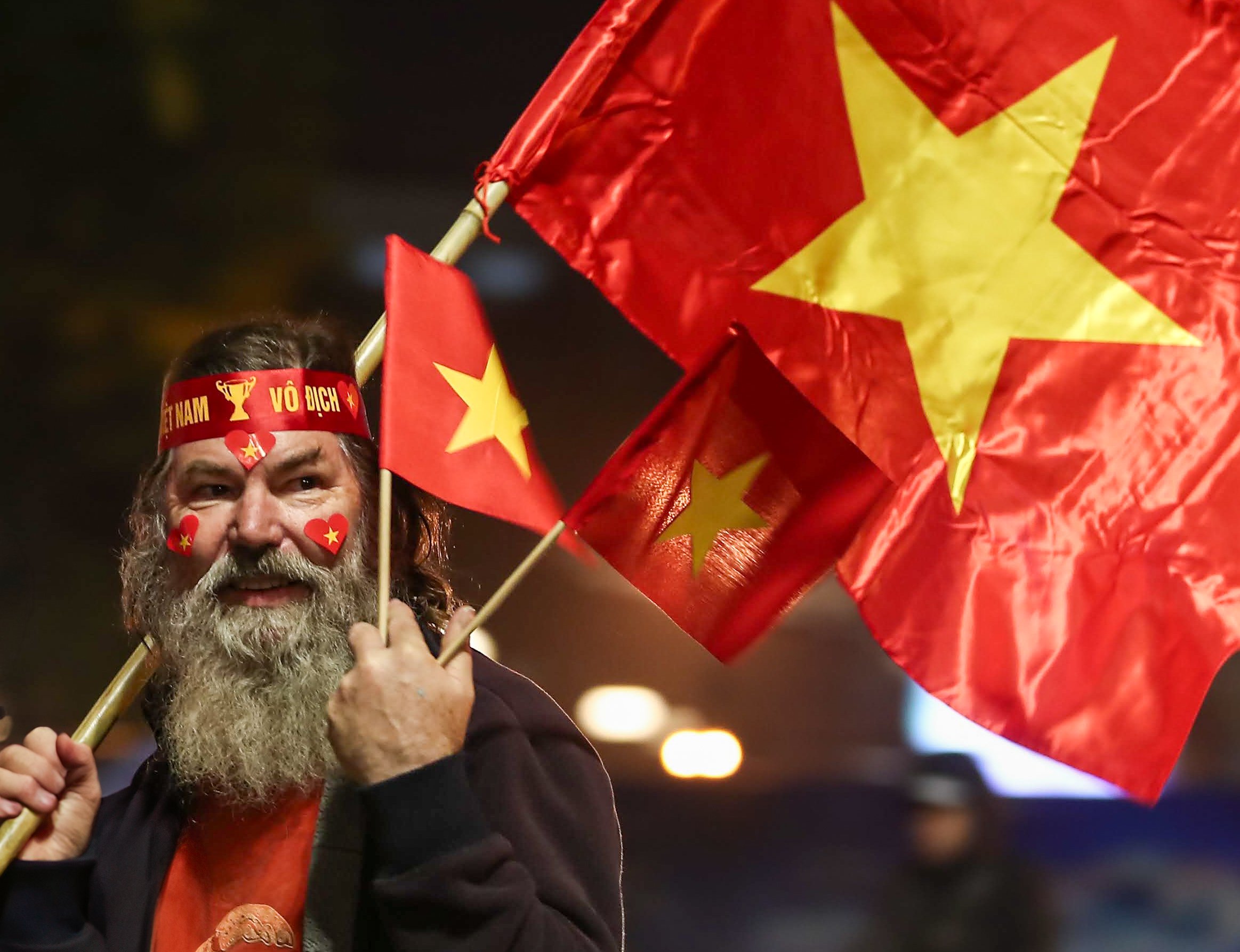



Comment (0)